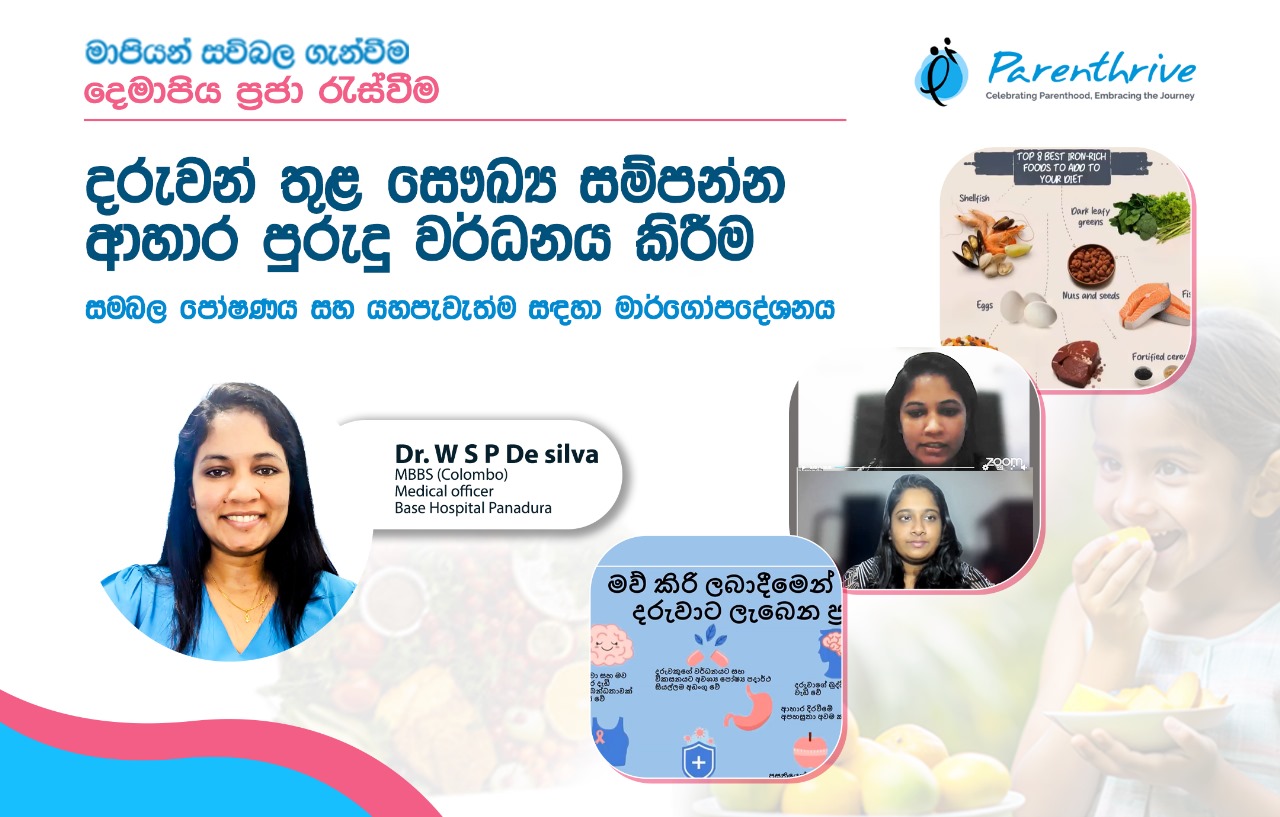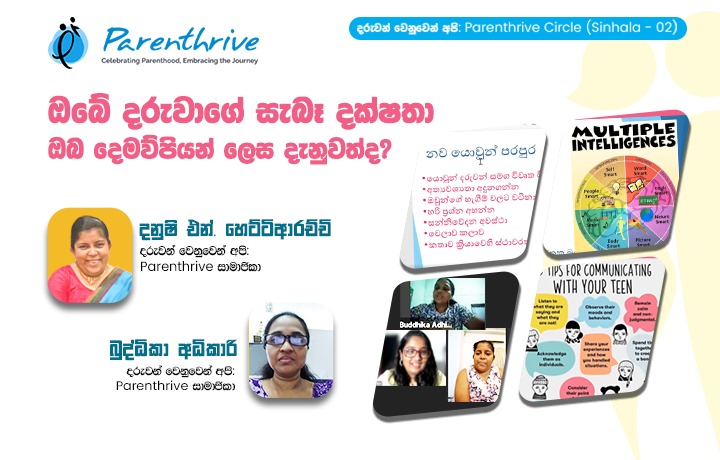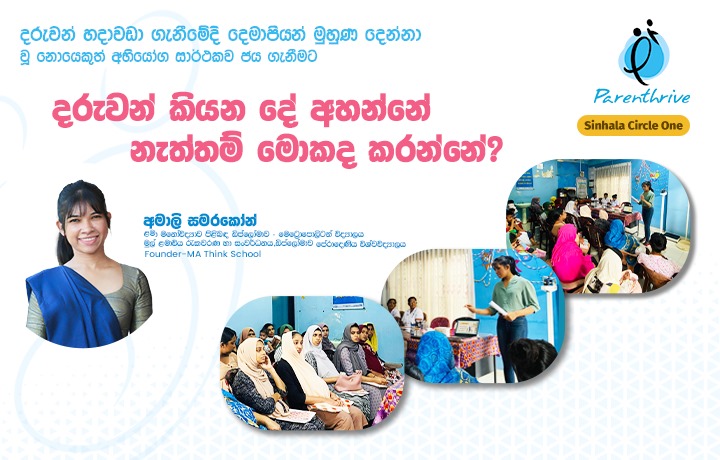
In the ever-changing landscape of family dynamics, the role of dads has evolved significantly, challenging traditional stereotypes and embracing a more involved and nurturing approach to fatherhood. Today's fathers are breaking free from outdated expectations, actively engaging in their children's lives, and contributing to a more inclusive and balanced parenting experience.
- Active Involvement in Childcare
Gone are the days when fathers were relegated to the role of breadwinners while mothers shouldered the bulk of childcare responsibilities. Modern dads actively participate in every aspect of their children's lives, from diaper changes and bedtime stories to school pickups and extracurricular activities. This increased involvement not only benefits the children but also fosters a stronger bond between fathers and their offspring.
- Emotional Connection
Breaking the stereotype that men are less emotional, today's dads embrace their emotional side and foster deeper connections with their children. Expressing love, offering emotional support, and being attuned to their children's feelings are becoming integral parts of fatherhood. This emotional openness helps children develop a secure attachment to their fathers, contributing to their overall emotional well-being.
- Balancing Work and Family
Modern dads are challenging the notion that their primary role is solely to provide financial support. Many fathers are actively seeking work-life balance, advocating for flexible schedules, and prioritizing family time. By striking a healthier balance between professional and personal life, dads are not only nurturing their relationships with their children but also contributing to a more equitable distribution of responsibilities within the family.
- Co-Parenting Collaboration
The concept of co-parenting has gained momentum, emphasizing equal partnership between mothers and fathers in raising children. Collaborative decision-making, shared responsibilities, and effective communication between parents are becoming the norm. This collaborative approach not only benefits the children by providing a consistent and supportive environment but also challenges the notion that parenting is primarily a mother's domain.
- Being Role Models for Equality
Modern dads are increasingly becoming advocates for gender equality within the family and society at large. By modelling respectful behaviour and treating their partners as equal parenting partners, fathers contribute to breaking down traditional gender norms. This not only benefits their children by instilling values of fairness and equality but also contributes to the broader societal shift toward dismantling gender stereotypes.
- Celebrating Diverse Fatherhood Experiences
There is no one-size-fits-all definition of fatherhood. Dads come from diverse backgrounds, cultures, and family structures. Embracing and celebrating the diversity of fatherhood experiences helps challenge stereotypes and promotes a more inclusive understanding of what it means to be a father. Society is gradually acknowledging that fathers play unique and valuable roles, irrespective of traditional expectations.
In conclusion, the role of dads is transforming, breaking stereotypes and embracing a more involved, emotionally connected, and egalitarian approach to fatherhood. As fathers actively engage in childcare, prioritize emotional connections, and advocate for equality, they contribute not only to the well-being of their own families but also to a broader societal shift towards more inclusive and progressive parenting ideals.






